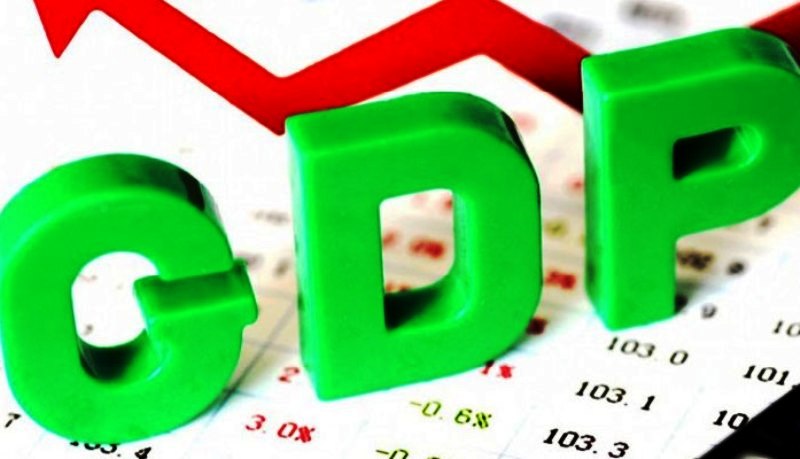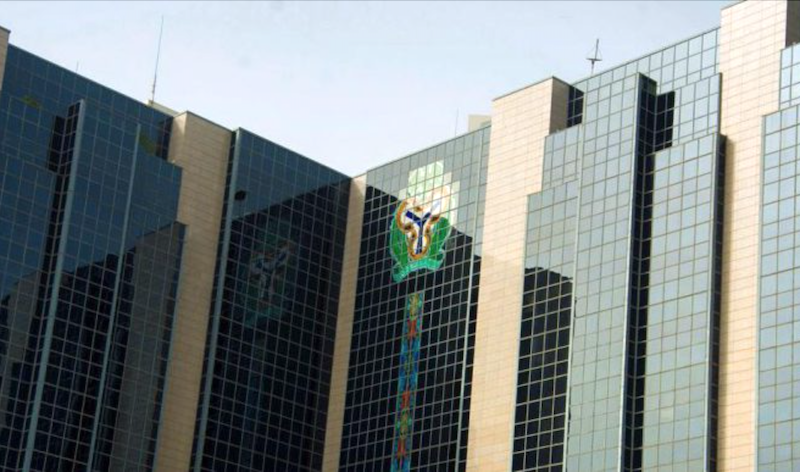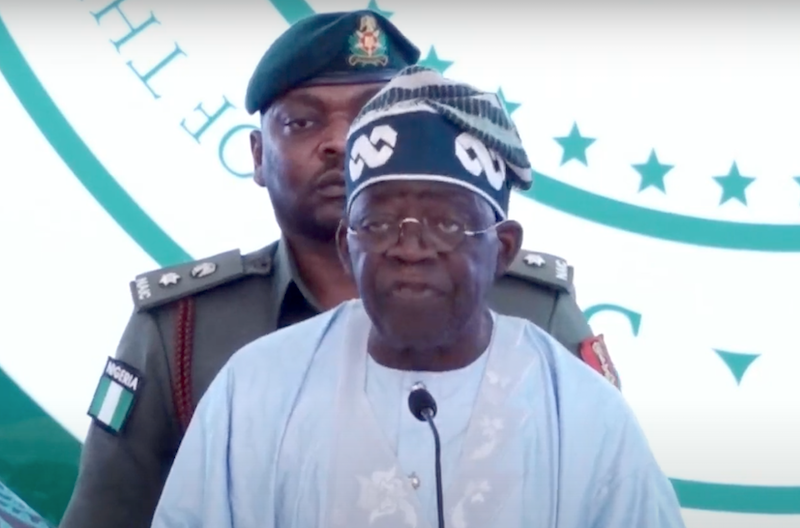The Minister of Finance and Coordinating Minister of the Economy, Mr Wale Edun, has welcomed the release of Nigeria’s 2024 rebased Gross Domestic Product (GDP) figures and the Q1 2025 GDP growth estimate of 3.13 per cent.
This is contained in a statement issued by the Director, Information and Public Relations in the ministry, Mr Mohammed Manga, in Abuja on Wednesday.
Edun said that the growth was an important signals of the country’s economic resilience and renewed momentum.
He said that the rebasing Nigeria’s first GDP recalibration since 2014 was carried out by the National Bureau of Statistics (NBS) in accordance with global best practices.
Edun said that it aimed to provide a more accurate picture of the economy by updating the base year used in compiling national accounts.
“This rebasing gives us a clearer and more contemporary view of our economy’s size and structure.
“It helps policymakers, investors, and citizens understand where we are, and where the opportunities lie,” the minister said.
He said that the updated data highlighted the country’s transformation from an oil-dependent economy to one increasingly driven by services, technology, and diversified production.
Edun said that sectors such as Information and Communication Technology (ICT), entertainment, finance, and professional services had gained prominence, while oil and gas now occupied a smaller share of the economic pie.
He said that these were not abstract shifts, they reflected the energy of the young, tech-savvy population and the growing success of reforms aimed at deepening economic participation.
Edun said that agriculture and manufacturing remained cornerstones of the economy, even as digital and creative industries took centre stage in the updated GDP structure.
The minister said that the Q1 2025 growth surpassed 2024, signalling upward momentum.
Edun said that the 3.13 per cent year-on-year GDP growth recorded in Q1 2025, an improvement over the 2.4 per cent recorded in Q1 2024, as further evidence that the economy is gaining strength under the Renewed Hope Agenda.
He said that the acceleration was driven by strong performance in agriculture, telecoms, construction, and financial services.
“We are encouraged by the broad-based nature of this growth, which is occurring across key sectors and supported by stable macroeconomic reforms.
“This trajectory reinforces our belief that the country is on the path to rapid, sustained, and inclusive growth with continued implementation of structural reforms, fiscal discipline, and targeted investments in critical sectors,” the minister said.
Edun reaffirmed the government’s medium-term ambition of achieving a seven per cent annual GDP growth rate, in line with national development priorities.
“Our goal is not just growth, but growth with impact, especially the creation of quality jobs.
“The new data will help us better track progress, refine our strategies, and ensure that economic expansion translates into more jobs, higher incomes, and better living standards for all Nigerians,” he said.
The minister commended the NBS for its professionalism and technical rigour in delivering the rebasing exercise and quarterly GDP reports.
Edun said that data tools are critical to designing policies that were grounded in reality and aimed at unlocking the full potential of country’s economy.





